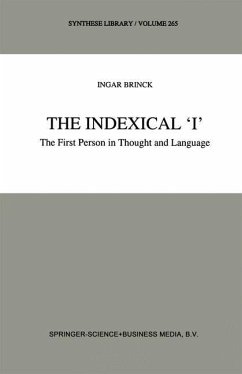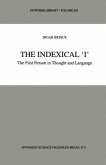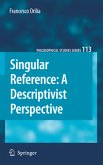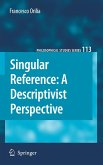The subject of this book is the first person in thought and language. The main question concerns what we mean when we say 'J'. Related to it are questions about what kinds of self-consciousness and self-knowledge are needed in order for us to have the capacity to talk about ourselves. The emphasis is on theories of meaning and reference for 'J', but a fair amount of space is devoted to 'I' -thoughts and the role of the concept of the self in cognition. The purpose is to give a picture of how we think and talk about ourselves in a wide range of circumstances. The topic has been discussed in numerous articles during the last decades, but rarely in the form of a monograph. I felt the need for a book of this kind while working on my dissertation. The manuscript is the result of many years of reflection on the self and indexicals. Some of the theories that I advance have developed as a result of my teaching an undergraduate course in the philosophy of language the last couple of years.
Bitte wählen Sie Ihr Anliegen aus.
Rechnungen
Retourenschein anfordern
Bestellstatus
Storno









